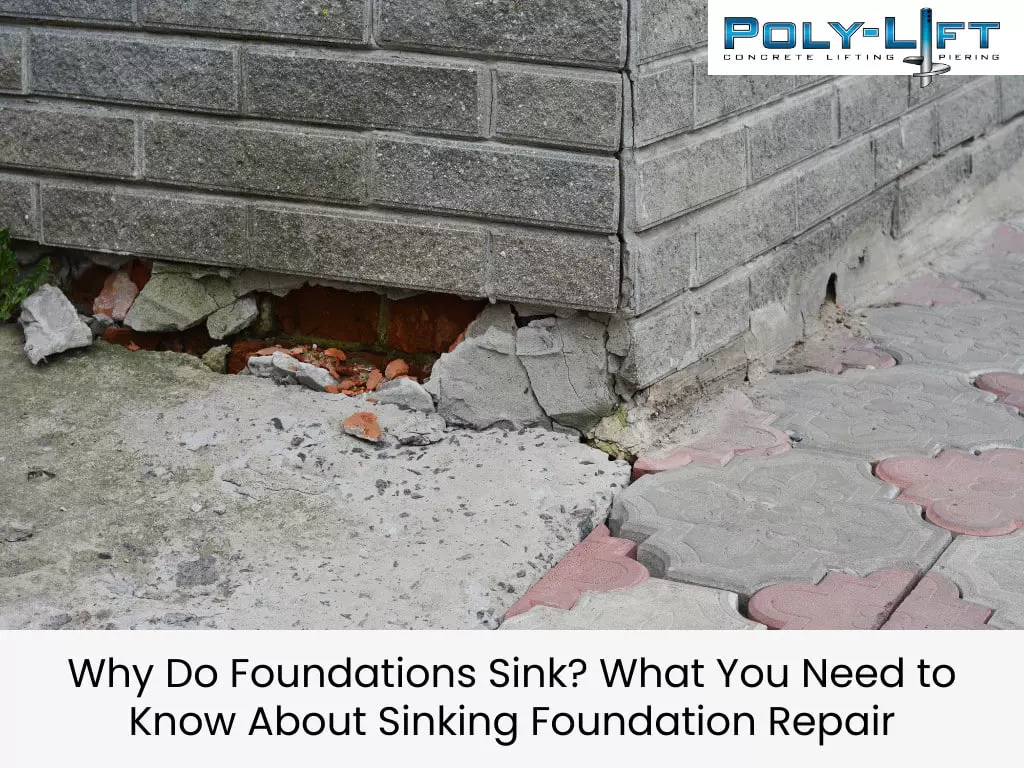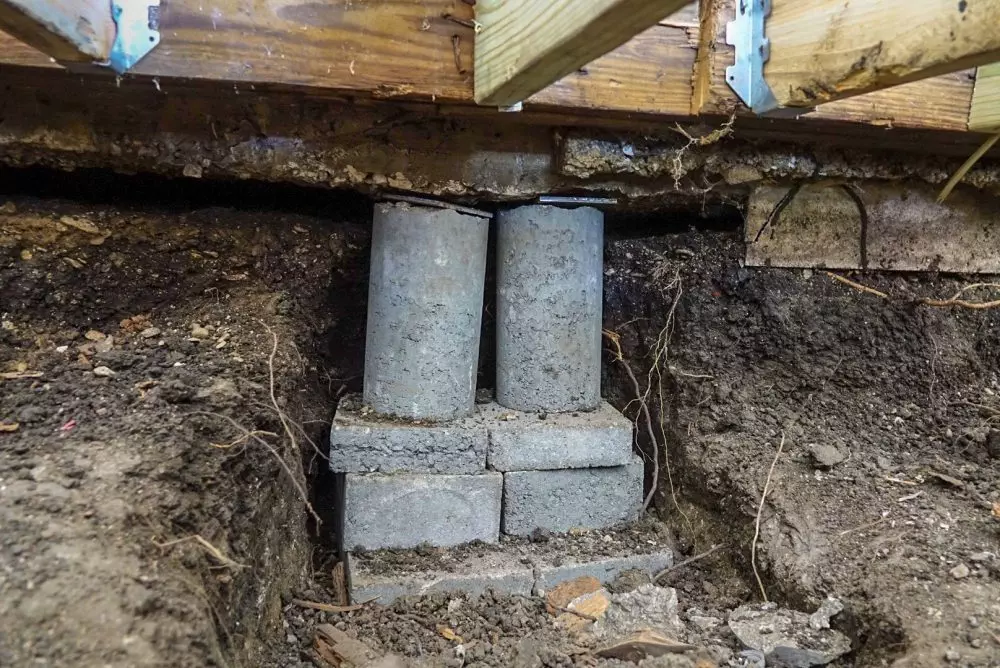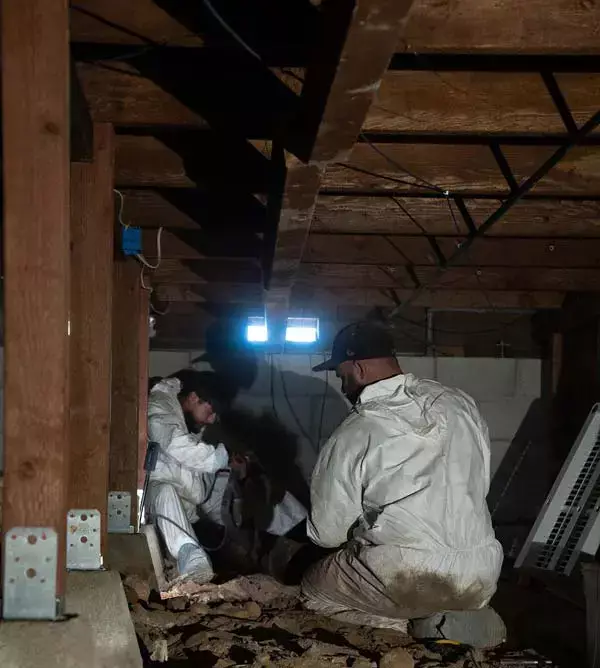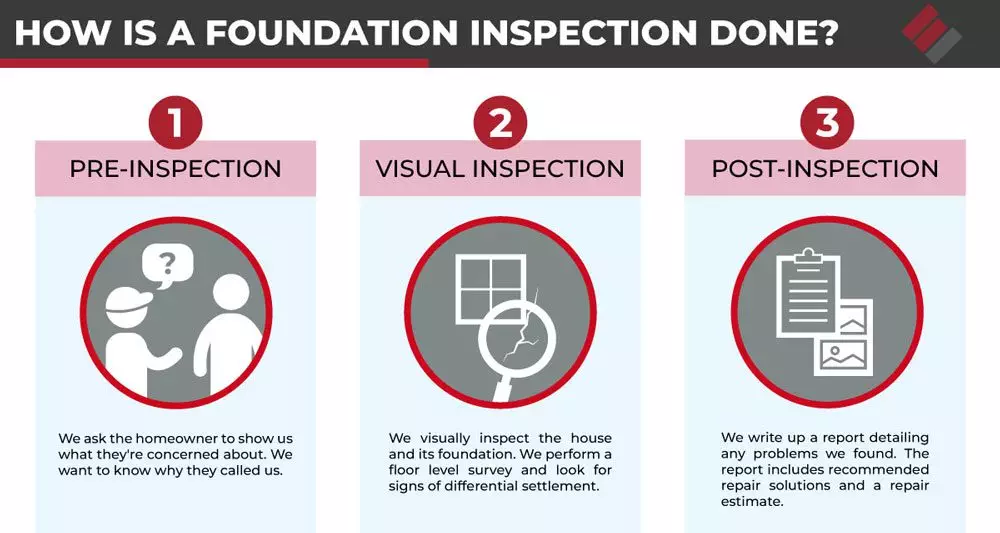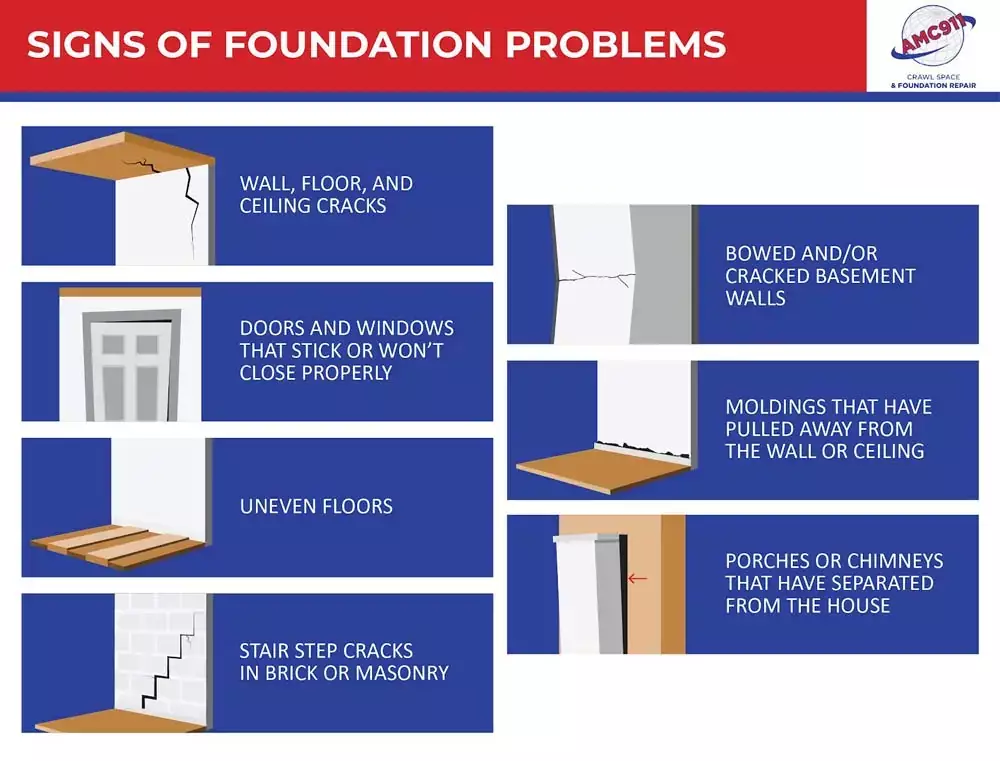
7 Surprising Facts About Foundation Cracks You Need to Know
Foundation cracks can be more than just an eyesore; they might indicate serious issues lurking beneath your home. Imagine seeing a crack zigzagging across your basement wall. It can make you feel uneasy, right? Cracks could mean structural damage, signaling that your home’s foundation might be compromised. But don’t worry; understanding foundation cracks can help you address potential problems early on and avoid costly repairs.
Wall cracks and basement cracks pop up for many reasons. Settlement issues and concrete cracks are common culprits. Knowing these causes helps you decide whether you need foundation repair or just a bit of crack sealing. Remember, you play a crucial role in your home’s foundation maintenance, and a routine crack inspection ensures your house remains safe and sound. Foundation stabilization isn’t just for peace of mind; it’s essential for your home’s safety.
Ready to discover more? Dive into these seven surprising facts and equip yourself with the knowledge to protect your home effectively. Your journey to a safer home begins now! Explore further to uncover insights that can truly make a difference.
Within the post
Understanding Foundation Cracks
What Are Foundation Cracks?
Foundation cracks are a common issue many homeowners face. They appear due to various reasons, such as soil movement, building materials, or poor construction practices. Sometimes, it might be hard to spot them immediately, but it’s crucial to understand their presence in your home.
These cracks can affect your home’s stability. When left unchecked, even minor cracks can lead to significant problems, like structural damage. Over time, cracks can grow, compromising the integrity of your home. So, keeping an eye on these is vital for your home’s health and safety.
Common Causes
Settlement issues often cause cracks. As the ground beneath your home changes or shifts, the foundation becomes stressed. This stress can lead to cracks forming in the walls and floors of your home.
Another frequent cause is concrete cracks due to pressure. Factors like heavy loads, improper installation, or even natural occurrences like tree roots growing can contribute to concrete cracking. It’s essential to monitor these cracks regularly to avoid further structural damage.
Weather impacts foundations deeply as well. Seasonal changes, like freezing and thawing cycles, can create and widen cracks. Rainwater can also seep into these cracks, exacerbating the issue. All these factors make it essential for you to be vigilant about inspecting your foundation regularly.
Types of Cracks
Knowing different crack types is vital when it comes to safety. Each type gives you clues about the underlying problem and helps you decide the best course of action. This knowledge can guide you in prioritizing repairs and understanding the potential risks associated with each crack.
Wall Cracks
Wall cracks appear in different patterns, like vertical, horizontal, or zigzag shapes. Each type has its specific implications. For instance, vertical cracks are common and usually less serious, while horizontal cracks may indicate a severe issue.
These cracks might indicate potential structural damage. If you notice any changes in their size or shape, it might be time to consult a professional. Regular inspection of your home’s walls can prevent you from overlooking these warning signs.
Regular inspection is crucial. By checking your walls frequently, you can catch cracks early before they worsen. Doing so not only ensures safety but also helps you save money on repairs.
Wall cracks affect overall home safety. Large or numerous cracks might compromise your home’s structural integrity, making it unsafe. Therefore, never ignore wall cracks and always take necessary action to address them.
Basement Cracks
Basements face unique challenges because they are below ground level. This position makes them more susceptible to cracking due to pressure from the surrounding soil.
Water can seep through easily, which is a big concern with basement cracks. If water enters your home, it can cause mold, mildew, or even flood damage. Therefore, sealing these cracks promptly is essential.
Basement cracks can lead to more significant issues over time. If left untreated, they might widen, making structural damage more likely. Regularly checking for leaks and signs of moisture can help prevent costly repairs.
These cracks require immediate attention. Don’t delay addressing basement cracks as they are prone to worsening quickly. If you repair foundation cracks promptly, you can avoid larger structural issues in the future.
Concrete Cracks
Concrete cracks show early signs of potential problems in your home’s foundation. They often indicate underlying issues that need to be addressed before they become significant.
You need to perform a proper crack inspection to determine their cause. Once you’ve identified the source, you can decide on the best repair method. Inspecting concrete regularly helps in diagnosing problems early.
These cracks can spread quickly if ignored. Timely repairs are necessary to maintain your home’s structural integrity. By addressing concrete cracks early, you ensure your home stays safe and secure for years to come.
Identifying Crack Severity
Minor Vs. Major
Not all cracks are serious, so it’s important to know the difference. Minor cracks are usually thin and don’t cause immediate concern, while major cracks might be wider or show signs of structural issues.
Understanding this distinction helps you decide when to take action. By knowing what to look for, you can assess whether a crack is a minor cosmetic issue or something more severe.
When to Call an Expert
At times, foundation repair may become necessary. If you notice large or rapidly growing cracks, it’s best to seek professional help. Experts can provide a thorough assessment and recommend the best solutions.
Professional advice can prevent disasters by identifying issues that might not be apparent to the untrained eye. Seeking expert help can give you peace of mind and help maintain your home’s value and safety.
Prevention and Maintenance
Foundation maintenance is essential in preventing serious issues. By keeping up with regular maintenance, you can ensure that your home’s foundation remains strong and reliable.
Regular Inspections
Spot problems early with checks. Regular inspections help you discover minor issues before they develop into significant problems. This proactive approach can save you time and money in the long run.
Pre-emptive measures save money. Addressing minor cracks early on can help you avoid costly repairs later. Keeping an eye on your foundation is a smart and cost-effective strategy.
Ensure long-term home health by incorporating regular inspections into your maintenance routine. Regular checks can help you maintain your home’s value and structural integrity.
- Inspect walls regularly for signs of damage.
- Check the basement for leaks and moisture.
- Assess any concrete changes in your foundation.
Maintenance prevents costly repairs by allowing you to catch issues early. You can protect your investment and maintain a safe living environment with regular upkeep.
Crack Sealing Solutions
DIY Options
Some cracks you can seal yourself using easy-to-find products. DIY sealing options are great for small or minor cracks, allowing you to fix them quickly without needing professionals.
Simple products like sealants or epoxy can help. These are accessible at most hardware stores and are easy for any homeowner to apply. Taking this step can prevent further damage.
Professional Sealing Services
Experts offer long-lasting solutions for more severe cracks. Professional services ensure that cracks are adequately sealed, protecting your home from future issues.
These services ensure proper sealing and stabilization. By using high-quality materials and advanced techniques, professionals can address your foundation problems effectively.
Hiring experts is a wise investment. They bring the knowledge and expertise needed to handle complex foundation issues, ensuring the safety of your home.
Understanding Foundation Stabilization
Why Stabilize?
Stabilizing your foundation is crucial for long-term durability. It helps prevent future settlement issues that can compromise your home’s structure.
By stabilizing, you can ensure that your foundation remains intact. This process helps maintain your home’s safety and value.
Impact of Neglecting Cracks
Potential for Structural Damage
Ignoring cracks worsens issues over time. Cracks left untreated can develop into significant structural problems, making repairs much more expensive.
Letting cracks grow leads to costly repairs. By acting quickly, you can avoid substantial expenses and keep your home safe.
Future Home Value
Foundation problems lower value significantly. When potential buyers see visible cracks or signs of damage, they might reconsider purchasing your home.
Buyers may avoid risky investments. They want assurance that the home they’re buying is safe and stable.
Avoiding Settlement Issues
Identify foundation cracks early to prevent them from getting worse. Early detection and repair can avoid problems like shifting soil affecting your home.
Timely actions help maintain your home’s stability and prevent the risk of settlement issues.
Long-term Benefits of Immediate Action
Timely repairs save future hassles by addressing problems before they escalate. Acting quickly ensures the long-term health and safety of your home.
By taking action, you can protect your home’s value and structural integrity. Regular maintenance and repair are the keys to a stable and secure home foundation.
Unlocking Your Home’s Stability
Understanding core facts about your home’s foundation offers peace of mind and protects your investment. Recognizing potential issues early helps prevent wall and basement cracks from causing significant structural damage. By staying informed, you set the stage for a safe and stable living environment.
Start by regularly inspecting your foundation and other key areas of your home for any signs of trouble. If you notice new or worsening issues, contact a foundation repair specialist for guidance. You can also look into crack sealing or stabilization methods to proactively protect your home.
Your home’s stability depends on your proactive efforts. Embrace the insights you’ve gained and take the first step today. Prioritize regular inspections and repairs to maintain your home’s health and comfort. You got this!
